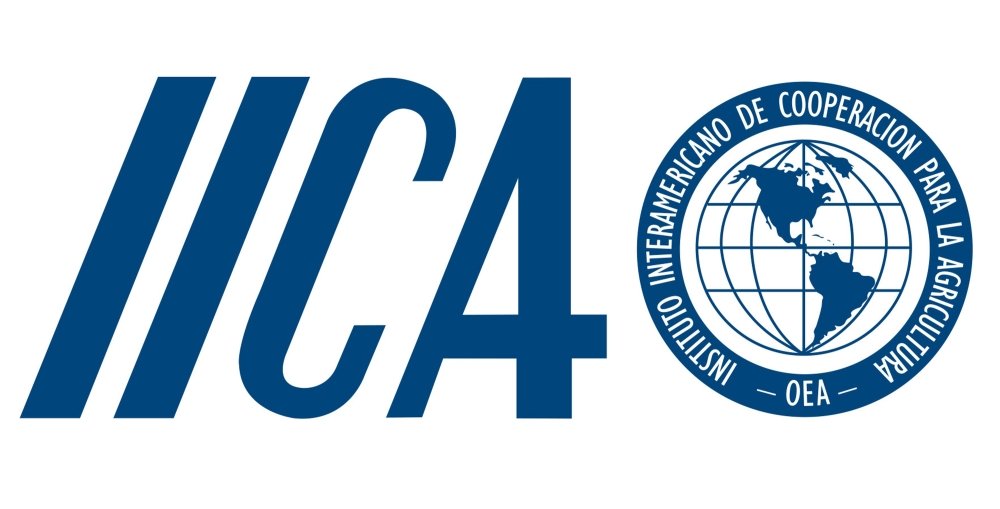Feeding the World: A Conversation with Latin American & Caribbean Agriculture Ministers
The COVID-19 pandemic and the war in Ukraine altered global patterns of trade, production and consumption. In Latin America and the Caribbean, these developments have had significant impacts on the agriculture sector, including an increase in the cost and decrease in the supply of fertilizer. That has complicated efforts by the region’s farmers to expand output to take advantage of high global food prices and address global food insecurity.
At the same time, there is increased awareness of the environmental impacts of agriculture, including carbon and methane emissions and deforestation, as climate impacts worsen in Latin America and the Caribbean. Indeed, farmers in the region have experienced these impacts directly, as droughts devastate South America’s soy and wheat crops and worsen conditions in Central America’s “dry corridor,” while floods and hurricanes wreak havoc on small farmers in the Caribbean.
What role does the agricultural sector in Latin America and the Caribbean play in regional economic recovery and global food security? How are the region’s governments addressing the sector’s environmental impacts? How could technology help overcome challenges, including the shortage of fertilizer?
To learn more, please join the Wilson Center and the Inter-American Institute for Cooperation on Agriculture (IICA) on Monday, November 28, 2022, from 10:00 a.m. to 11:15 a.m. (ET) for a virtual dialogue with the ministers of Agriculture from Argentina, Colombia, Honduras and Trinidad and Tobago.
*Simultaneous interpretation Spanish-English will be available during the event.
Versión en Español
-
Alimentando al Mundo: Una Conversación con los Ministros de Agricultura de América Latina
Speakers
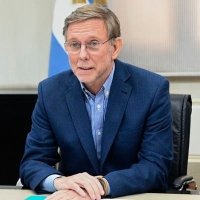
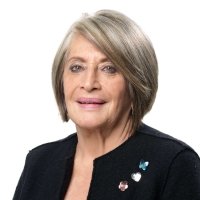
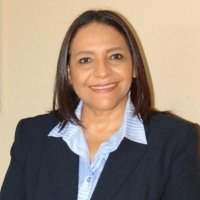
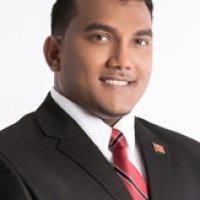
Introduction
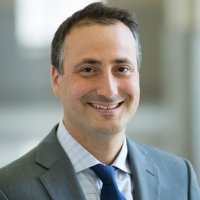
Keynote Speaker

Moderator
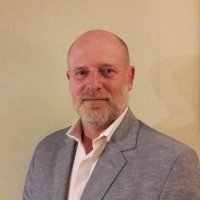
Hosted By

Latin America Program
The Wilson Center’s prestigious Latin America Program provides non-partisan expertise to a broad community of decision makers in the United States and Latin America on critical policy issues facing the Hemisphere. The Program provides insightful and actionable research for policymakers, private sector leaders, journalists, and public intellectuals in the United States and Latin America. To bridge the gap between scholarship and policy action, it fosters new inquiry, sponsors high-level public and private meetings among multiple stakeholders, and explores policy options to improve outcomes for citizens throughout the Americas. Drawing on the Wilson Center’s strength as the nation’s key non-partisan policy forum, the Program serves as a trusted source of analysis and a vital point of contact between the worlds of scholarship and action. Read more


Environmental Change and Security Program
The Environmental Change and Security Program (ECSP) explores the connections between environmental change, health, and population dynamics and their links to conflict, human insecurity, and foreign policy. Read more


Argentina Project
The Argentina Project is the premier institution for policy-relevant research on politics and economics in Argentina. Read more



